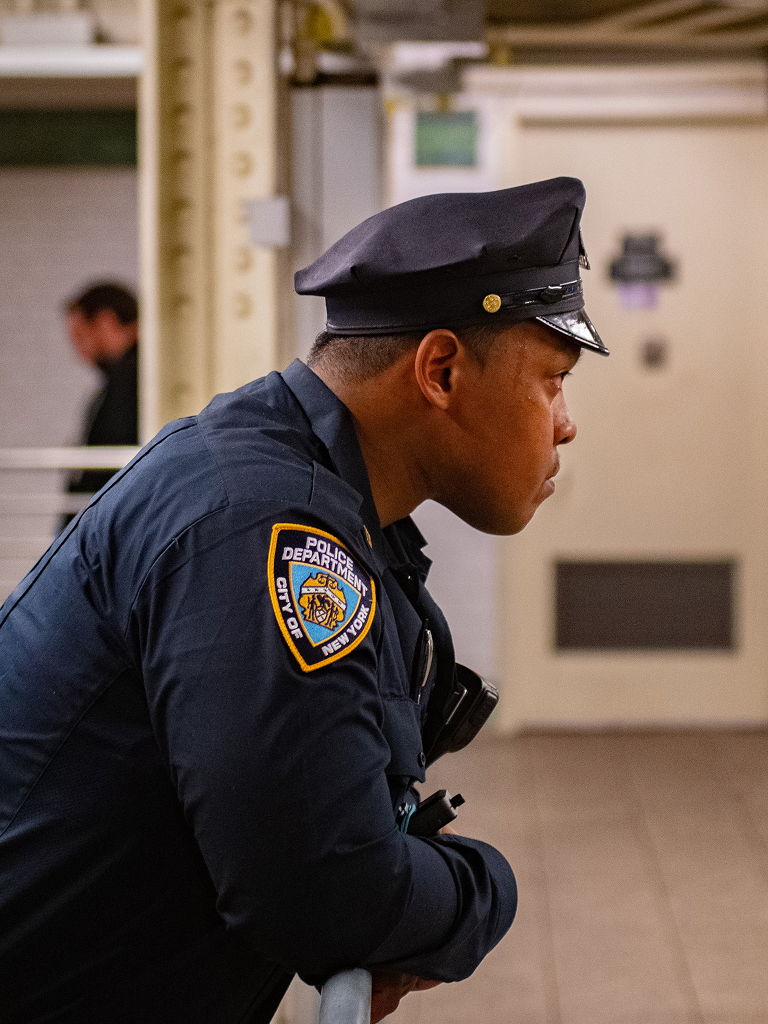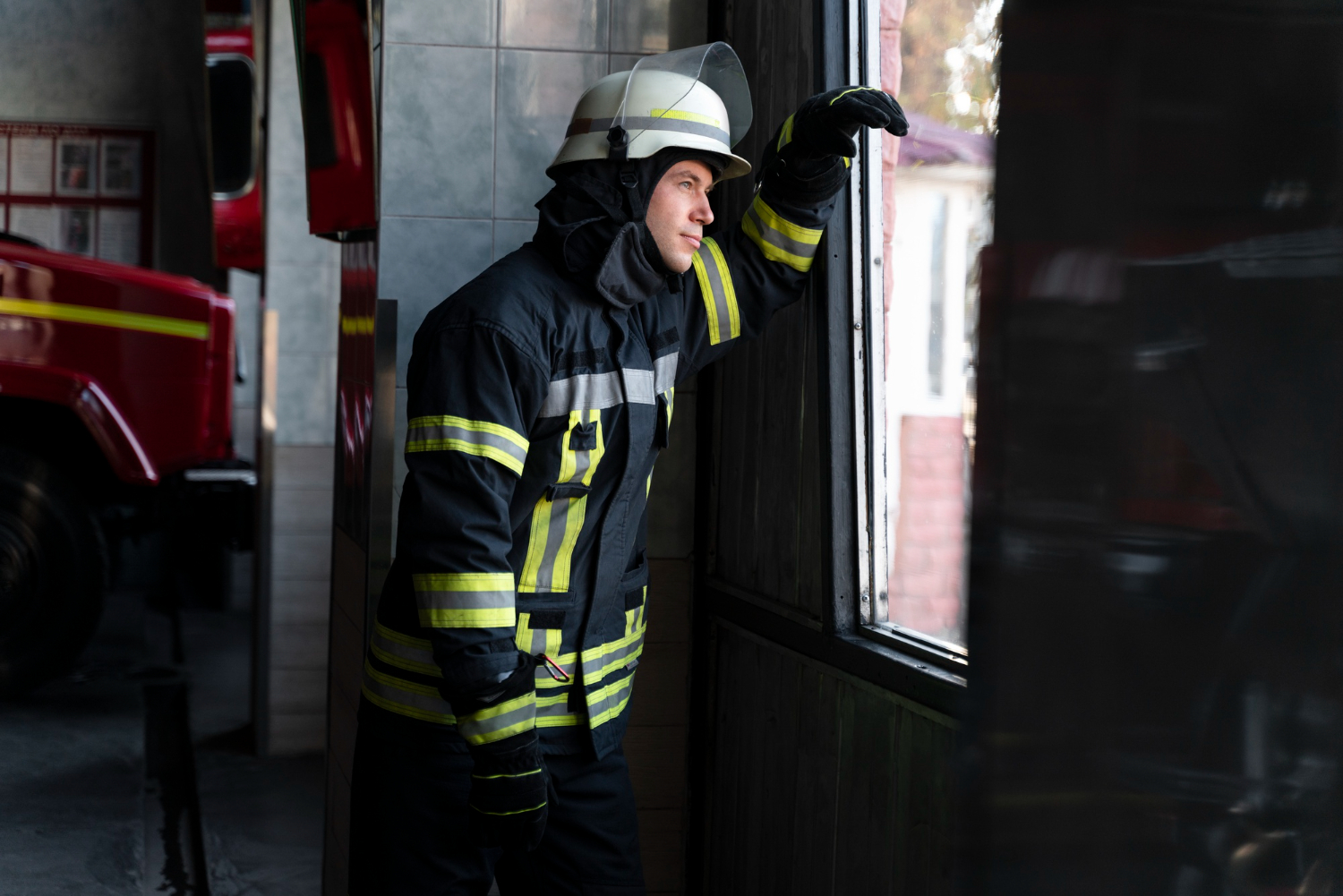We make a living by what we get, but we make a life by what we give.

"We make a living by what we get, but we make a life by what we give." – Winston Churchill
Have you ever stopped to think about what happens when a hero retires their cape? For first responders; firefighters, police officers, paramedics, and emergency responders; their work is not just a job; it's an identity, a mission, and a lifeline to purpose. But what do they do when the sirens fall silent and the uniform is hung up for good? Who are they without the badge?
For many first responders, retirement brings a significant shift in identity. Without the structure and purpose their role once provided, some struggle with feelings of loss, questioning their sense of belonging and direction in life.
However, not all first responders experience this crisis, many successfully transition into fulfilling second careers, community roles, or personal passions. Recognizing both experiences provides a more complete picture of life after service.
Let’s explore the key challenges first responders face when they step away from service.
For decades, first responders operated in high-stakes environments where quick decisions mean the difference between life and death. Their training becomes second nature, guiding their every move. However, when that fast-paced, purpose-driven lifestyle suddenly ends, the shift can be overwhelming. Many experience a profound void, struggling to find meaning in a world without emergency calls and daily adrenaline rushes.
Research highlights several key challenges retired or transitioning first responders commonly face:
Understanding these challenges is crucial, not just for the responders themselves, but for their families, friends, and support networks. By acknowledging these struggles, we can better support those who have dedicated their lives to serving others.
Psychological studies validate that humans find self-worth through their roles. First responders, whose existence is all about service, have a tremendous psychological adjustment when that role ceases to exist (Tedeschi & Calhoun, 2004). It tends to create what psychologists refer to as post-occupational grief, a deep loss of identity akin to bereavement. Beyond research, personal testimonies provide a human perspective on this struggle.

Many retired first responders express feeling lost, invisible, or even disposable:
Given these challenges, structured support is essential to help first responders transition smoothly. This is where MyOmnia comes in.
MyOmnia understands that life does not end when the uniform is shed—it becomes a new mission. With its Wholeness Model, MyOmnia offers guided support for first responders as they transition into their next chapter in life.
Research indicates that maintaining relationships markedly decreases post-service depression (Previdence, 2024). MyOmnia supports family involvement, peer-to-peer groups, and formally designed wellness programs (Family Support Systems, Blog 5, 2024).
Stepping through this transformation is challenging, but mental toughness can be conditioned as well as physical strength. MyOmnia offers:
Leaving duty doesn't mean leaving purpose. This is not a mission's end—it's a mission's beginning. Transitioning from service is challenging, but with the right mindset and resources, first responders can build fulfilling second careers and lives. Organizations like MyOmnia provide critical tools to navigate this shift with confidence.
The men and women who have spent their lives saving others deserve the same level of care and guidance in their own journey. By embracing change, seeking support, and redefining their sense of purpose, first responders can transition into this new chapter with confidence and strength.